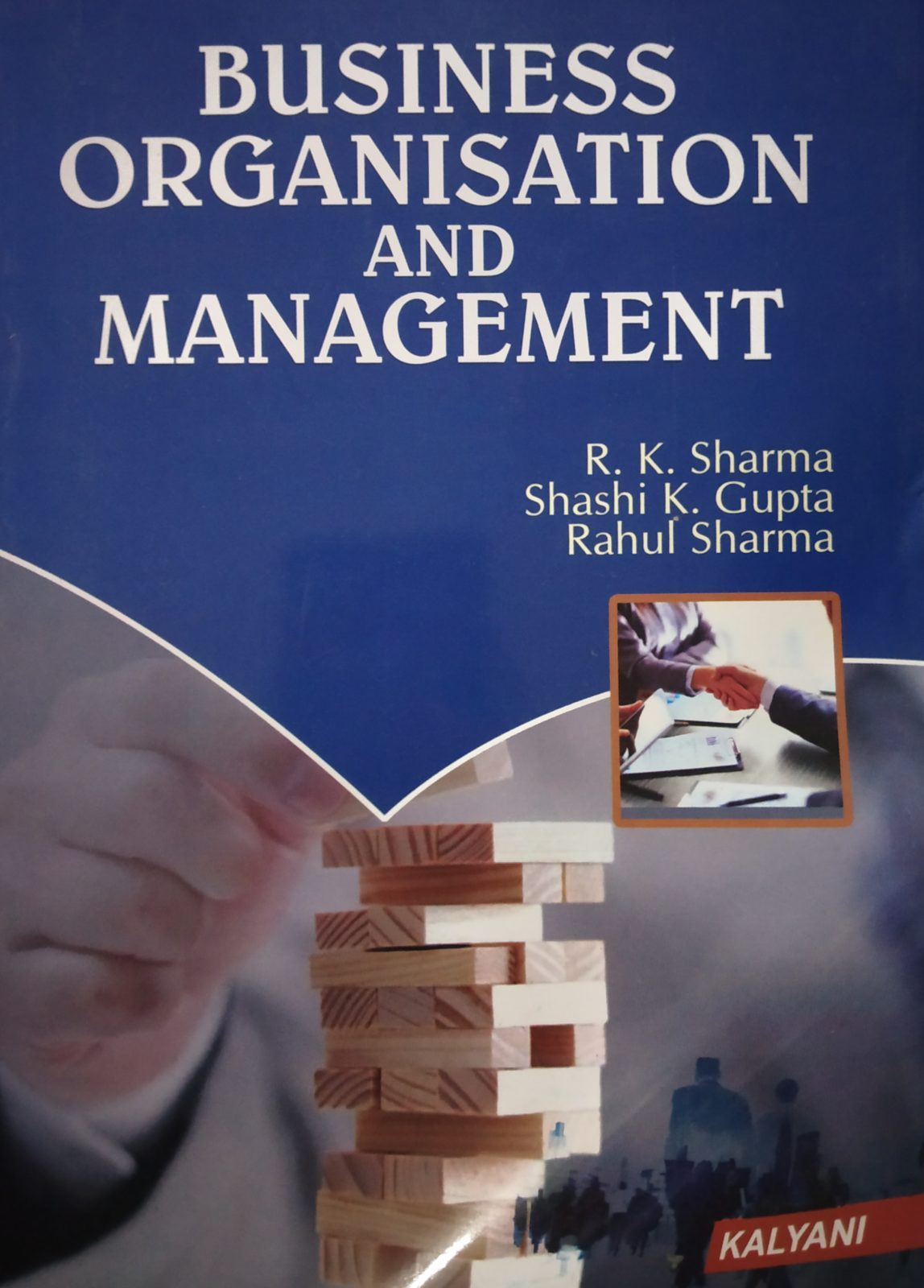- Teacher: Bhavana Aeruva
- Teacher: JAIMOLE CROSS
 COURSE OBJECTIVE:
COURSE OBJECTIVE:
Management and analysis of basic management functions:
planning, organizing, leading, directing, and controlling for establishing and
accomplishing business objectives. Case studies are utilized. The
scope of this study will also include aspects of the principles of management
on individuals and organizations.
COURSE OUTCOME:
CO1: Students be cognizant of earning profit through
achieving social, economic& national objectives.
CO2: Students can catch the drift of various CSR
initiatives in economic and social development.
CO3: Students envisage on various factors like contribution
of capital, risk bearing capacity, liability etc., which influence while
selecting their own choice suitable form of Business Organization.
CO4: Students know the meaning, types of Promoters and
personal traits required to become a successful promoter.
CO5: Students understand the complex legal procedure involved
in promotion of a Joint Stock Company.
CO6: Students be conscious of legal implications involved
while drafting the important documents (MOA, AOA & Prospectus) in promotion
of a Company.
- Teacher: PAVITRAMBIKA MANGARI
Course Description:
Financial Accounting 1 is a 5 credit course with 65 sessions.
Course Objective:
This course is intended to introduce the basic theory, concepts and practice of financial accounting and to enable students to prepare the financial statements of sole trading business organisations.
Course Outcomes:
CO1: Know about importance of accounting in business, various branches of accounting and understand the terminologies used in business
CO2: understand the principles of accounting and method of recording, Journalising posting to ledgers and preparation of financial statements
CO3: know the method of preparing various subsidiary books
CO4: Know the reasons for disagreement between Cash book and pass book and also to reconcile them.
CO5: Know the importance of cash and non cash transactions types of errors that occur while recording and preparing financial statements
CO5: Know the causes for disagreement of trial balance and method of rectifying them
CO7: understand and differentiate between Capital and revenue items and its treatment
CO8: Know the difference between direct and indirect expenses, preparation of financial statements Trading account Profit and Loss account and Balance Sheet.
- Teacher: DEEPA AGRAWAL
- Teacher: Dr Chris Lenina Peters
- Teacher: Dr. MAITHRY SHINDE
COURSE DESCRIPTION:This course offers a complete introduction to professional marketing thought and action. The course explains the nature and purpose of marketing, followed by the fundamentals of each of the most important marketing tasks. It focuses on basic marketing concepts, the role of marketing in the organization, and the role of marketing in society. Topics include market segmentation, product development, promotion, distribution, and pricing. It analyses the business need for customer orientation, the evaluation of markets and targeting of market opportunities.
COURSE OBJECTIVE:This course will help you to develop a better appreciation and understanding of the role of marketing in a business organization specifically, and in our society at large. To enhance your knowledge about marketing theories, principles, strategies and concepts and how they are applied. It aims at providing you with opportunities to analyze marketing activities within the firm & allow you to apply marketing concepts and theories to realistic marketing situations.
COURSE OUTCOMES:
CO1: Identify core concepts of marketing and the role of marketing in business and society.
CO2: Understand the impact of social, legal, ethical and technological forces on marketing decision-making.
CO3: Ability to develop marketing strategies based on product, price, place and promotion objectives.
CO4: Ability to apply knowledge and skills to real-world experiences in an internship. Understand the place and contribution of marketing to the business enterprise.
CO5: Identify the roles of advertising, sales promotion, public relations, personal selling, and direct marketing in the promotion mix; compare and contrast integrated marketing communications with a non-integrated approach to the promotional mix.
CO6: Apply the practical knowledge of marketing in day to day activities.
CO7: Students will gain the ability to understand marketing strategies in both B2C and B2B contexts.
The course will also enhance your achievement in:
- Written communication skills
- Technology (computer) skills
- Understanding of global issues in marketing/business
- Critical thinking
- Analytical skills
- Appreciation of ethical issues in marketing/business.

- Teacher: Dr. KAVITA THAKUR